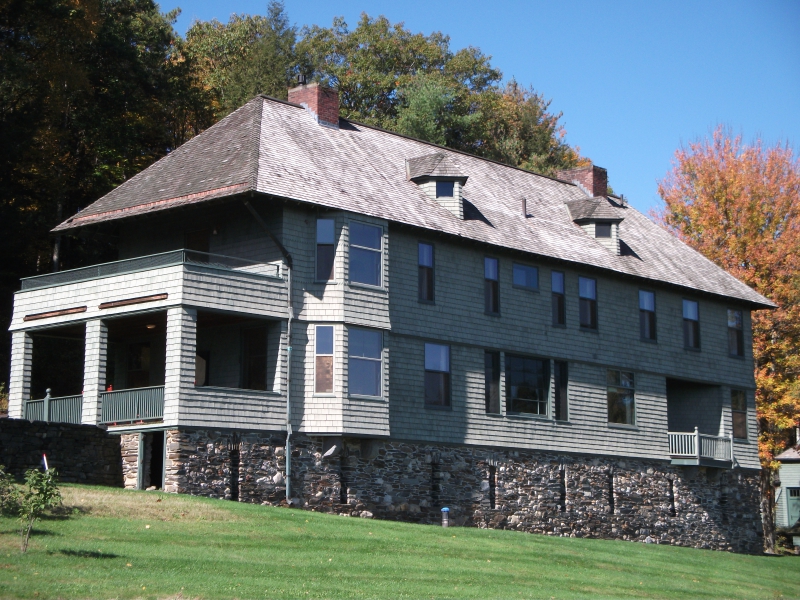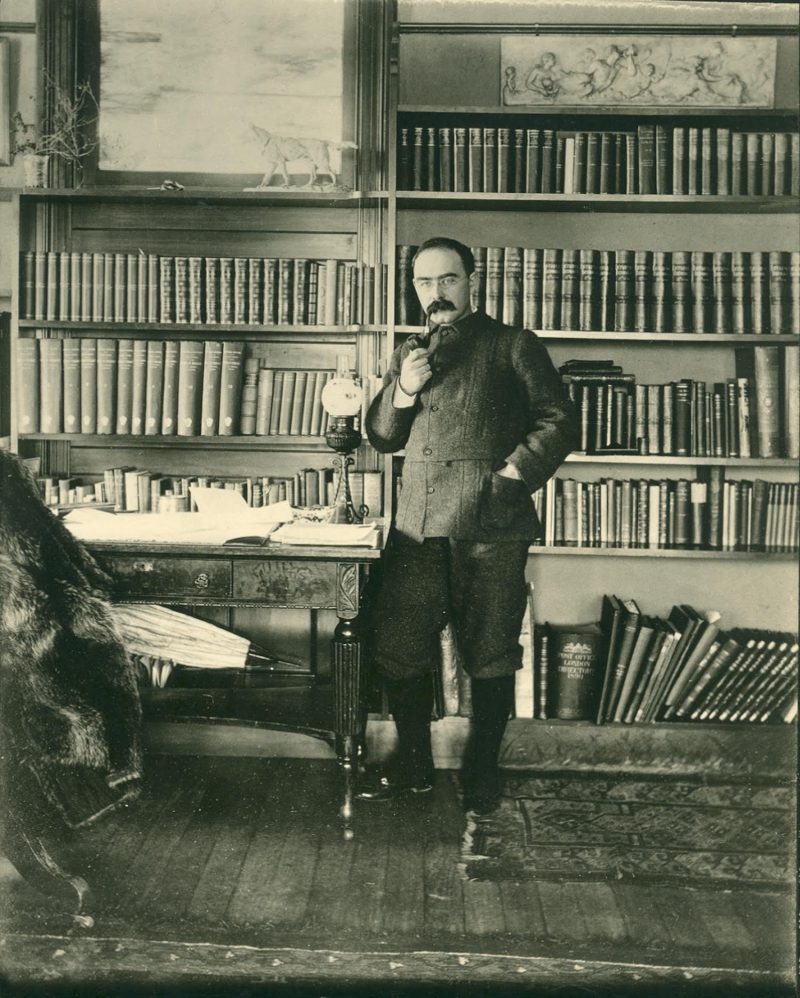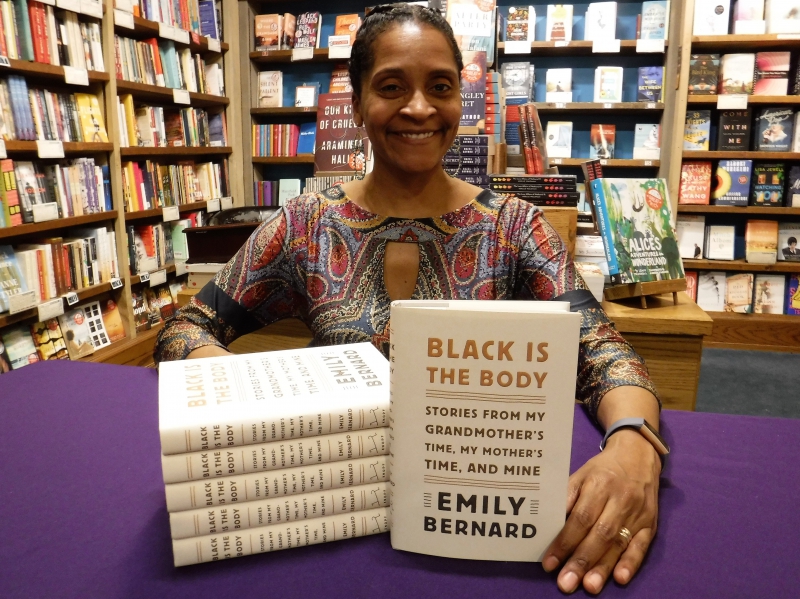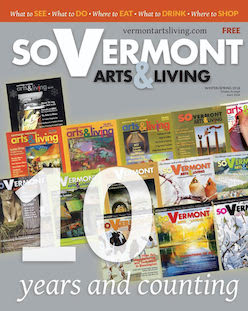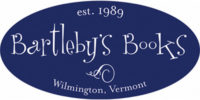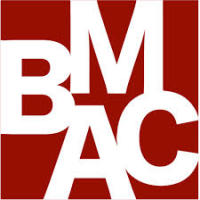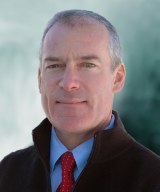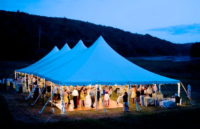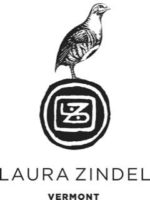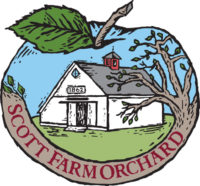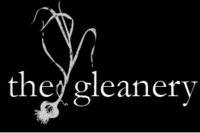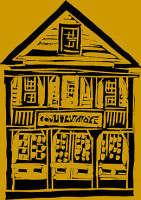By Kevin O’Connor of VTDigger
The annual Brattleboro Literary Festival, set for Oct. 17–20 at downtown locations (see our feature, page TKTKTK) promises speakers and subjects from around the world — and, in these two cases, from right here, then and now:
If: The Untold Story of Kipling’s American Years
The late Nobel Prize in Literature winner Rudyard Kipling wrote his classic works The Jungle Book and Captains Courageous at the southern Vermont home where he lived from 1892 to 1896. But so much more happened at the Dummerston hideaway, Christopher Benfey writes in his new Penguin Press hardcover If: The Untold Story of Kipling’s American Years.
Kipling, born in India in 1865 and schooled in England, sailed across the Atlantic to the Green Mountain State upon his marriage to American Caroline Balestier. Once here, he befriended such locals as former Vermont Gov. Frederick Holbrook during his travels to neighboring Brattleboro — sometimes with snowshoes or skis, the latter given to him by Sherlock Holmes author and friend Arthur Conan Doyle — to drink lager in a basement bar of downtown’s cornerstone Brooks House.
Time hasn’t been kind to Kipling, whose “reputation has taken such a beating that it’s a wonder any sensible critic would want to go near him now,” The New Yorker magazine recently observed. “Kipling has been variously labelled a colonialist, a jingoist, a racist, an anti-Semite, a misogynist, a right-wing imperialist warmonger.”
Benfey, a professor of English at Mount Holyoke College in Massachusetts, acknowledges in his book’s prologue that some have asked why he wanted to tackle such a subject. It’s not to exonerate Kipling, he replies, but instead to explore his place in history.
“To extract the American years from Kipling’s life is no easy feat,” the New York Times writes in its review of the book. “Benfey reminds us of our debt to a category-demolishing, globe-striding man.”
Benfey is set to kick off the festival on Thursday, Oct. 17, with specifics available at http://www.brattleboroliteraryfestival.org.
Black Is the Body: Stories from My Grandmother’s Time, My Mother’s Time, and Mine
When University of Vermont professor Emily Bernard talks about being black in the second whitest state in the nation, she often surprises people by starting with the positives.
“I bragged when Bernie Sanders, then a member of the House, called a meeting for people of color at a church in downtown Burlington purely to find out how we were faring,” the Nashville native recalls. “I called my parents to gloat when Vermont came in first on the nights of both elections that made Barack Obama president.”
The Green Mountain State, just four-tenths of a point less white than Maine’s 93.6 percent, also is one of the few where no black men have been killed by police during traffic stops.
“But Vermont, like any place, is complicated,” Bernard continues. “Perhaps the reason why no black men have been killed by police during traffic stops is because there are few black men here in the first place.”
Addressing race, the English professor has learned, isn’t as simple as black and white. That’s why she’s receiving national recognition for her nuanced exploration of the topic in the new memoir Black Is the Body: Stories from My Grandmother’s Time, My Mother’s Time, and Mine.
“Each essay in this book was born in a struggle to find a language that would capture the totality of my experience, as a woman, a black American, a teacher, writer, mother, wife, and daughter,” the South Burlington resident writes in the introduction to the 240-page Knopf hardcover. “I wanted to discover a new way of telling; I wanted to tell the truth about life as I have lived it.”
Bernard is set to speak at the festival on Saturday, Oct. 19, with specifics available at brattleboroliteraryfestival.org.
Bookmarks is sponsored by NORTHSHIRE BOOKSTORE • www.northshire.com


